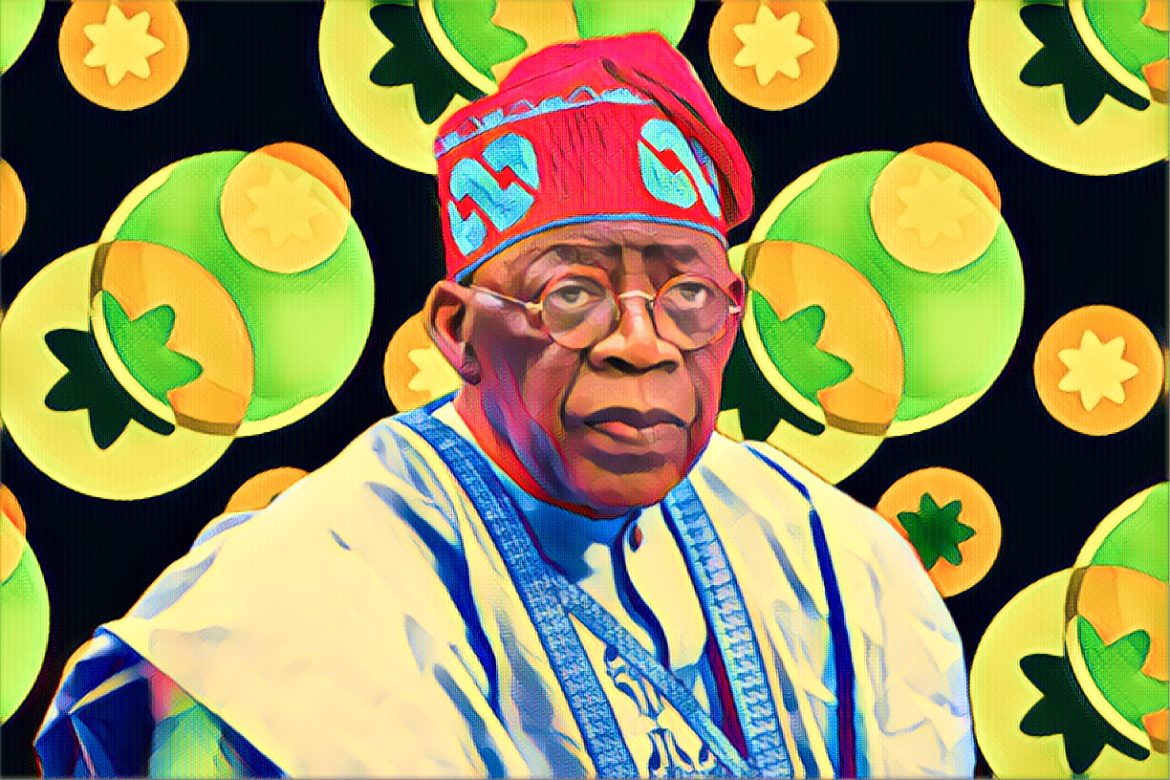In the twilight of President Muhammadu Buhari’s government, a sobering revelation emerged: 63% of Nigerians, amounting to 133 million people, are multidimensionally poor. This startling statistic was a key highlight of the 2022 Multidimensional Poverty Index (MPI) Survey, released by the National Bureau of Statistics (NBS). The MPI score reflects the breadth of deprivation citizens experience across various indicators.
The survey underlined a worrying trend: over half of Nigeria’s population struggles with multidimensional poverty, particularly in rural areas where poverty rates reach 72%, compared to 42% in urban areas.
With President Bola Ahmed Tinubu’s new government in place, expectations were high for a change in direction. Many anticipated immediate positive impacts on the economy and people’s lives. However, the early days of the administration have brought disappointment and shock at the government’s apparent insensitivity.
According to a report by The Guardian, the political class in Nigeria has long shown a tendency to prioritize self-interest over public service. Despite this, government officials have consistently ensured their needs are met while those of the electorate receive minimal attention. Corruption, nepotism, policy inconsistencies, resource mismanagement, and poor service delivery have become alarmingly common.
Instead of introducing policies for national development, the new government’s early actions suggest a continuation of unsound and unfriendly policies. These policies seem to exacerbate hardship and poverty, plunging the country into a state of perpetual strife and misery.
The country’s leaders, seemingly unaffected by these issues, continue to live lavishly. This contrast between the calls for public sacrifice and the government’s opulent lifestyle is stark and troubling.
President Tinubu, since assuming office, has repeatedly called on Nigerians to make sacrifices for the country’s stability. In his Democracy Day broadcast, he asked for patience and understanding regarding tough decisions like fuel subsidy removal, acknowledging the additional burden on the people.
Yet, these calls for sacrifice seem to contrast sharply with the actions of the political class. Across the country, people endure hardships due to inflation and declining living standards, while the government’s spending habits remain extravagant.
Recent statistics from the Food and Agriculture Organization (FAO) paint a grim picture of the situation. They warn that 26.5 million Nigerians may face a food crisis in the coming year. This alarming projection stems from factors like high food costs, insecurity, and adverse weather conditions.
The situation in the health sector is equally concerning. Nigeria faces severe challenges like high infant mortality rates, a large HIV/AIDS population, and widespread malnutrition. In education, approximately 20 million school-age individuals are not enrolled in school, posing a significant threat to the nation’s future.
Despite these challenges, the political class seems more focused on maintaining luxurious lifestyles and inefficient governance practices. This disconnect between the government’s actions and the needs of its people raises critical questions about priorities and the effectiveness of leadership in Nigeria.


